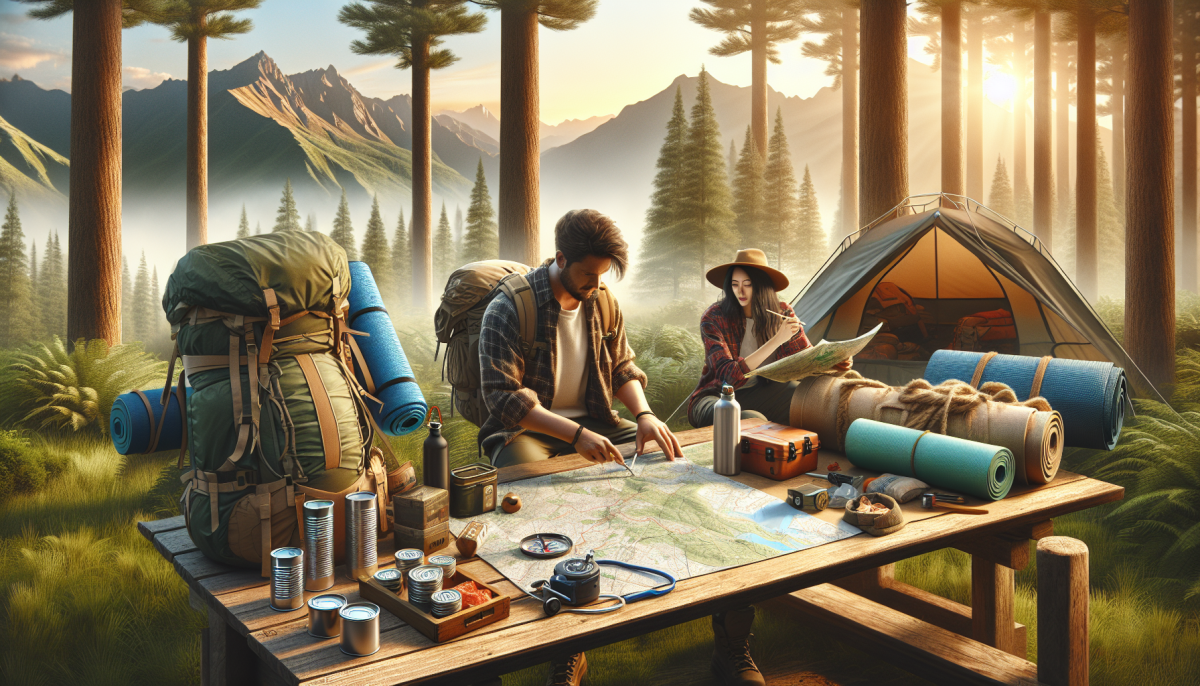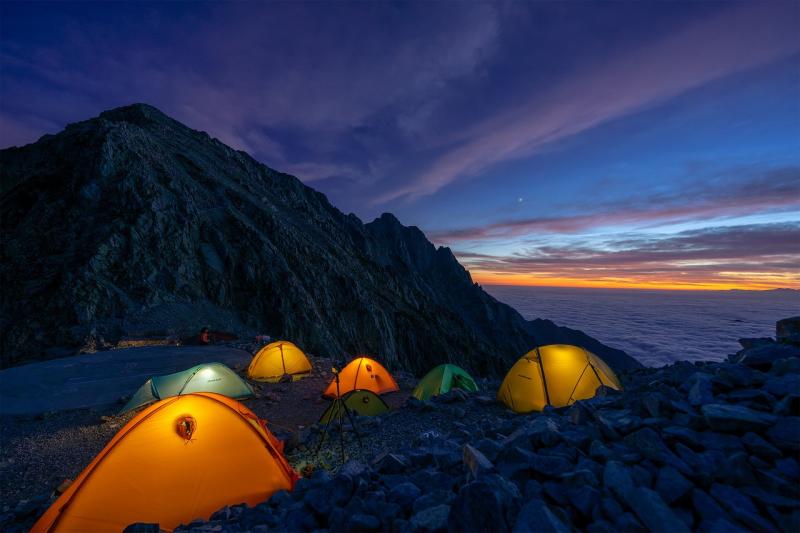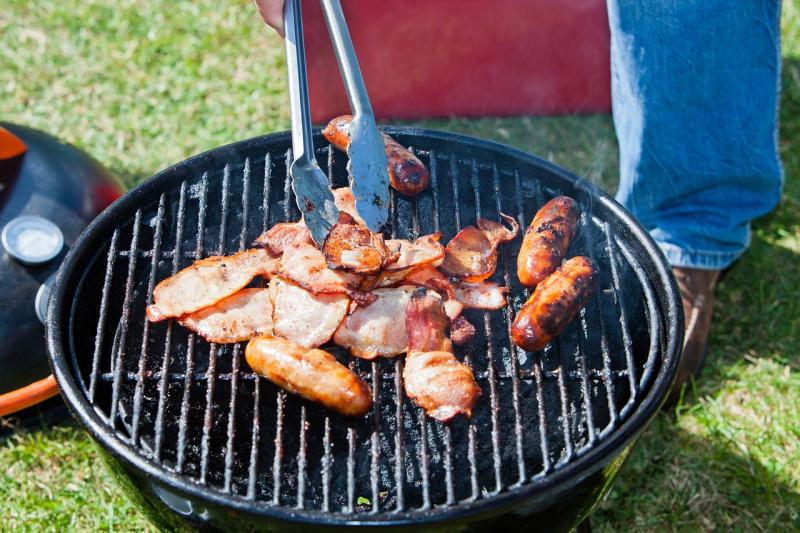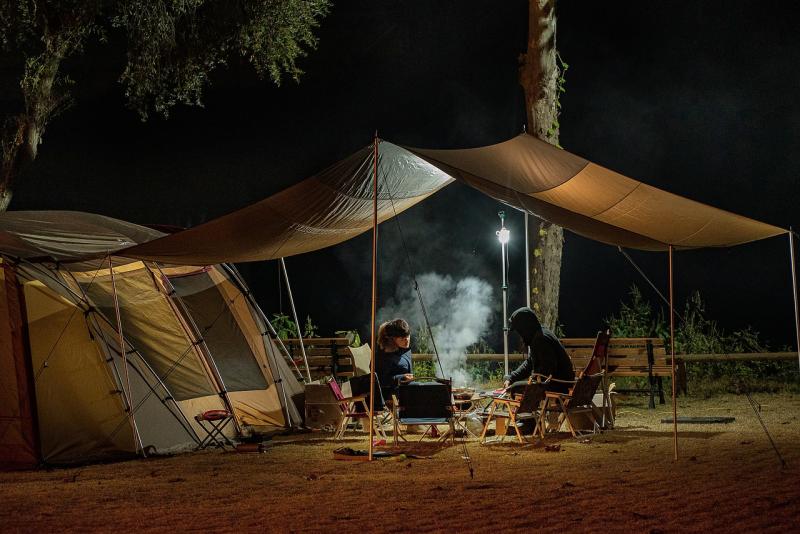When it comes to camping, one of the most crucial factors for a successful trip is choosing the right campsite. A perfect campsite can transform your outdoor experience from ordinary to extraordinary. To start, consider the location. Look for a site that offers easy access to hiking trails, rivers, or scenic views. Being close to nature’s beauty can enhance your camping adventure, making it more enjoyable.
Another essential aspect to keep in mind is the terrain. Make sure to choose a flat area for your tent to avoid any discomfort while sleeping. Check the ground for rocks, roots, or other natural obstacles that could affect your rest. Additionally, consider the proximity to water sources, as having access to fresh water is vital for cooking and staying hydrated.
Safety is also a major concern when selecting a campsite. Choose a location that is away from potential hazards, such as dead trees that might fall or areas prone to flooding. It's wise to research the wildlife in the area and understand what precautions you may need to take. A campsite with a clear view of your surroundings can help you feel more secure, as it allows you to spot any potential danger from a distance.
Lastly, think about privacy and noise level. Opt for a site that offers some seclusion so you can enjoy the peace of nature without disturbances from other campers. If possible, check online resources or forums for reviews from previous campers about their experiences at specific sites. Finding the perfect campsite can take a bit of research, but the effort will pay off with a more enjoyable and memorable outdoor experience.
Packing Smart for Your Adventure
Packing smart is key to ensuring your outdoor camping adventure is enjoyable and hassle-free. Start by making a checklist of all the essentials you'll need. This includes items like a sturdy tent, sleeping bag, cooking gear, and first-aid supplies. Having a list helps you stay organized and ensures you won’t forget anything important. Remember, packing light is essential, so only bring what you truly need!
When it comes to clothing, choose versatile and weather-appropriate layers. Opt for moisture-wicking fabrics for your base layer and pack a waterproof jacket just in case. Don't forget to include sturdy hiking boots that provide good support. It’s wise to pack an extra pair of socks and undergarments, as they can make a big difference in comfort. Roll your clothes instead of folding them to save space and minimize wrinkles.
Food and cooking supplies are another crucial aspect of smart packing. Lightweight, non-perishable items such as energy bars, nuts, and freeze-dried meals are ideal for camping trips. Don’t overload yourself with heavy cooking equipment; a compact camping stove and a few essential utensils will suffice. Consider bringing a reusable water bottle or hydration system to stay hydrated throughout your adventure.
Finally, don't forget about the little details that can enhance your camping experience. A good multi-tool can come in handy for various tasks. Lightweight lanterns or headlamps are also great for navigating at night. Even packing a small notebook or journal can help you capture your experiences. By thinking through your packing strategy, you can focus on enjoying the great outdoors!
Staying Safe in the Wilderness
When venturing into the wilderness for a camping trip, safety should always be a top priority. Proper preparation and awareness can make all the difference. Start by letting someone know your camping plans, including your destination and expected return time. This way, if you run into trouble, someone will know to look for you.
Keeping a first-aid kit on hand is essential. Make sure it includes bandages, antiseptic wipes, pain relievers, and any personal medications. Familiarize yourself with how to use the items in the kit before you need them. Additionally, take a wilderness survival guide or download an app that provides information on treating common injuries or illnesses that could occur while camping.
It’s also important to be aware of your surroundings. Before setting up camp, check the area for potential hazards, such as dead trees, animal tracks, or unstable ground. Make sure to set up your tent at a safe distance from any water sources to avoid flooding and from cliffs or steep slopes to prevent accidents.
Lastly, learn about the wildlife you may encounter. Understand which animals are in the area and the best practices for avoiding or interacting with them. Store food properly in bear-proof containers or high in trees to keep it safe from curious critters. Knowing how to react to wildlife encounters can help you stay safe in unexpected situations.
Cooking Delicious Meals Outdoors
Make use of a portable grill or a campfire to cook your meals. If you're using a campfire, be sure to follow safety guidelines and pick a safe spot to build your fire. Cooking over an open flame provides a unique flavor that can't be replicated anywhere else. If you opt for a portable grill, ensure it's easy to set up and compatible with your cooking style. Remember, you can always cook some of your meals beforehand and reheat them while camping.
Involve everyone in the cooking process! Assign tasks based on each person's strengths and interests. This not only makes the cooking more enjoyable, but it also creates an excellent bonding experience. Kids can help with simple tasks like washing vegetables or preparing skewers, while adults can handle grilling or tending to the fire. Enjoy the process and take time to appreciate the nature surrounding you while you cook.
Lastly, don't forget about clean-up. Bring along eco-friendly biodegradable soap and a sponge to keep your cooking area tidy. It's important to leave no trace behind and respect the natural environment. Cleaning as you go can make your camping experience more pleasant and stress-free. With these tips in mind, you'll be well on your way to enjoying scrumptious meals under the stars!



